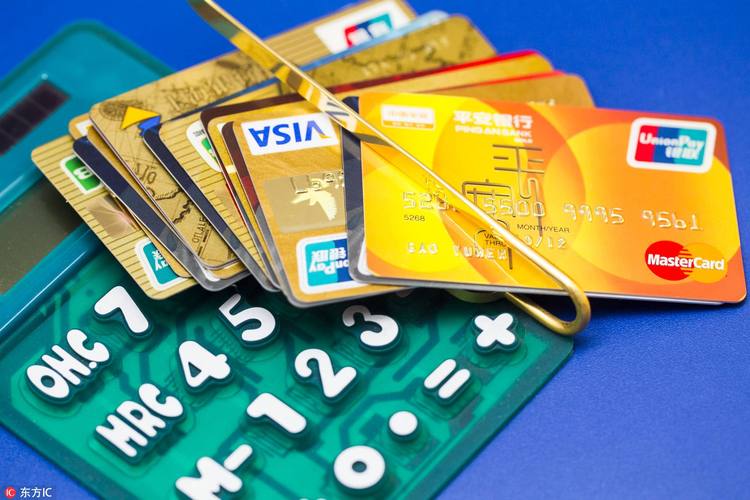In the financial world, a check is like a "trust pass," representing your promise to pay a certain amount to someone on a specific date. However, when this "pass" is dishonoured, it becomes a "red card warming." This article will discuss protest checks, explaining what they are and the "chain reactions" they can trigger.

A protest check is like a "red card warning" in the financial world, formally declaring that you have failed to honour your check commitment. It's like a referee suddenly showing you a red card in a football match, and sending you off the field. The "trigger mechanism" of a protest check can be summarized in the following steps: You issue a check to someone, promising to pay a certain amount on a specific date. The beneficiary presents this check to the bank for collection, if your bank account does not have sufficient funds, the bank will
refuse to pay the check. It's like bidding for a precious piece of art at an auction and issuing a check as payment. However, when the auction house tries to cash the check, they find that your bank account lacks sufficient funds. As a result, you face serious judgment and are blacklisted in the industry.
Imagine playing a game of dominoes, where each domino represents a small aspect of your financial life. When you write a check, it's like placing the first domino. However, if the check is dishonoured due to insufficient funds, it's as if someone accidentally knocks over the first domino. What happens next? The entire "financial domino" collapses, bringing a series of troubles and consequences. When your issued check is dishonoured, the first domino falls. You receive a notice of dishonour, like a warming letter,* informing you that you must pay the owed amount as soon as possible. If you fail to pay on time, things get worse. Additional fees are like "small stones" rolling over after the
domino falls, catching you off guard. Next, the second domino falls— your credit score drops significantly. Your credit score is like your "report card" in the financial world; the higher the score, the more willing banks are to lend to you. But if your check is dishonoured, this "report card" will be marked with a big "fail," and banks and other financial institutions will lose trust in you. When the third domino fails, your existing loans may be revoked. Banks will consider
you an unreliable borrower and decide to reclaim the money they have lent you.

Even worse, you may lose the privilege to issue checks, meaning you are stripped of even the most basic payment tool. After the fourth domino falls, even if you have your eye on a car or urgently need to buy a house, banks will reject your application due to your past dishonour record. This dishonored check is like a "financial stain" that will remain on your credit record for years.
When the last domino falls, you will also need to pay administrative fines. This fine is like the "final blow rolling over after the dominoes fall, adding financial insult to injury. Issuing a check is not as simple as signing your name and being done with it. First, ask yourself, "Does my bank account have enough funds to cover the check I am issuing?" Having enough is not sufficient; you must ensure that the funds in your account are available when you issue the check. For example, if you deposit $2000 on May 1st, but the funds become available on May 7th,
you cannot issue a check before May 7th. Avoid over-issuing checks, especially when funds are insufficient. Over-issuing checks not only increases the risk of dishonour but can also affect your credit score.

A protest check is like a "red card warning" in the financial world. You are likely to be sent off the field, unable to engage in financial transactions, and even your finances will be severely affected. To avoid these "chain reactions," be sure to check your account balance before issuing a check, monitor the availability date of funds, and avoid over-issuing checks. Only then can you maintain a "clean record" in the financial world and avoid being shown the "red card."

2025 Spring Financial Guide: A Few Tips to Make You Wealthier

The Impact of Global Crises on Financial Markets: Current Trends and Future Predictions

Unlocking wealth: The art of passive income investing!

The Psychology of Risk: Understanding Your Investment Comfort Zone

High Earnings? Plug Those Financial Leaks

Mergers and Acquisitions: Ideas for Long-Term Success

Best Age & Insurance Types: A Smart Guide
